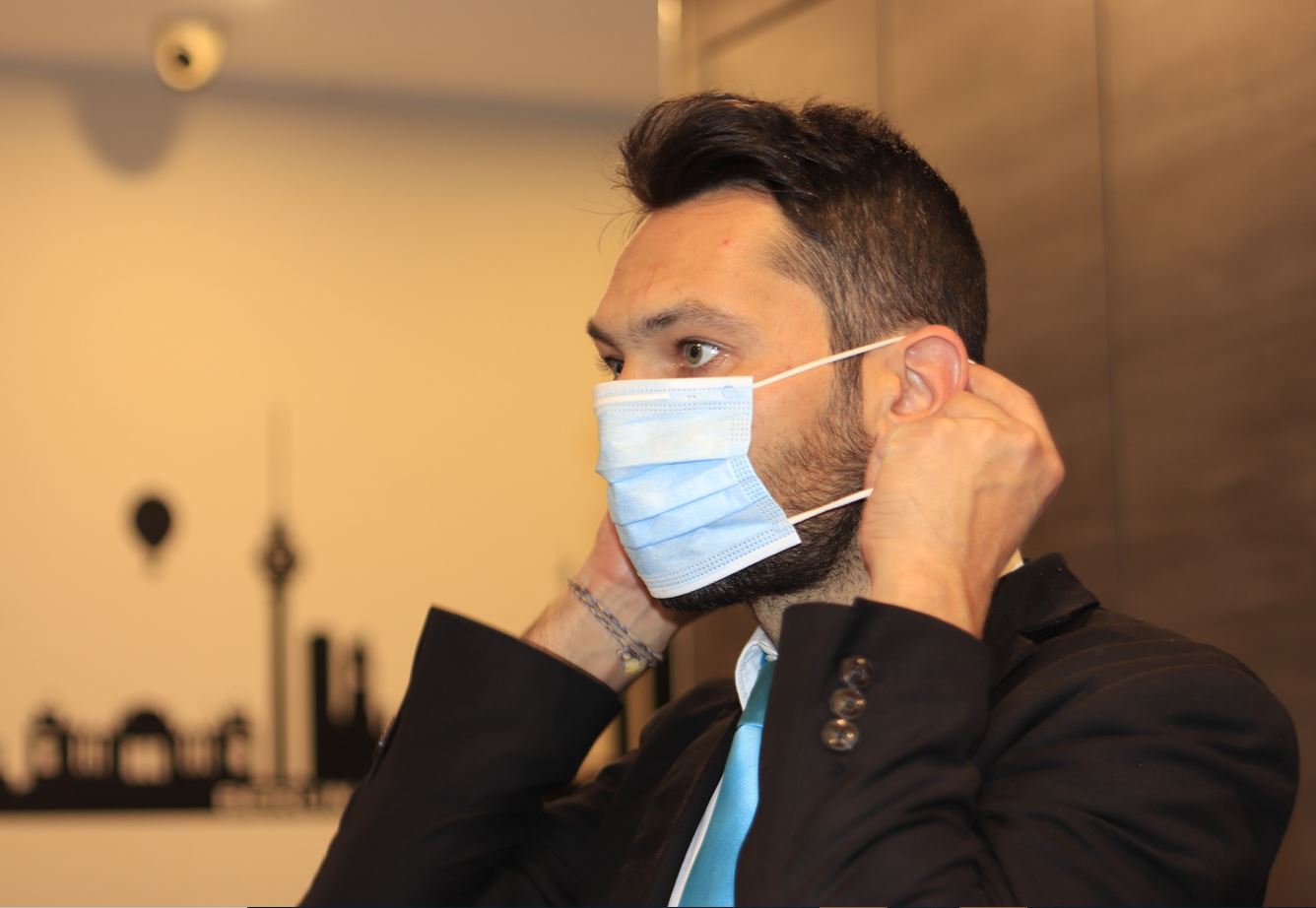
Risky behaviour, particularly among younger men, sees shorter life expectancies and higher rates of premature mortality than in women.
Flinders University Professor (Health and Social Equity) James Smith has partnered with colleagues at the University of Michigan and Georgetown University in the United States, to co-edit a new book about innovative health promotion programs which tackle the complex social and structural barriers facing adolescent boys and young men of colour (BYMOC) in Australia, New Zealand, the US and Canada.

From alcohol and drug misuse, smoking, unsafe sex, reckless driving, violent confrontations, poor dietary habits and a tendency to avoid seeking help and using health services, their new book discusses positive steps which have helped address the problems compounded by social, economic, demographic and geographic disadvantage.
The book chapters describe how to reduce incarceration, improve educational and health outcomes, offer strategies to address mental health challenges, and ways to promote access and optimal usage of health and social services.
“Research has consistently shown that men have more privilege and power than women, yet men have shorter life expectancies and higher rates of premature mortality than women in almost every country in the world,” says Flinders Professor Smith, who is based in Darwin as Deputy Dean of Rural and Remote Health NT.
“Men’s adoption of risky health practices and perceived reluctance to seek help and engage in preventive health behaviours have frequently been used to explain these poorer health outcomes over the past two decades.”
“This book reflects Flinders University’s commitment to addressing health inequities, particularly those noted among boys and young men from marginalised and vulnerable backgrounds,” he says.
Professor Smith, who worked on the book as part of a Fulbright program exchange in the US, says he is now collaborating with co-author, University of Michigan Professor Daphne Watkins, to adapt an online social and emotional wellbeing education and support program for young Aboriginal and Torres Strait Islander men.
Funded by Movember, the US-Australian project called ‘YBMen-NT’ is part of a range of ‘Cultural Safety Education and Aboriginal Health and Wellbeing’ research projects involving Flinders University researchers and other universities, industry and government departments and Indigenous health collectives.
Health Promotion with Adolescent Boys and Young Men of Colour – and Global Strategies for Advancing Research, Policy, and Practice in Context (2023) edited by James A Smith, Daphne C Watkins and Derek M Griffith.

